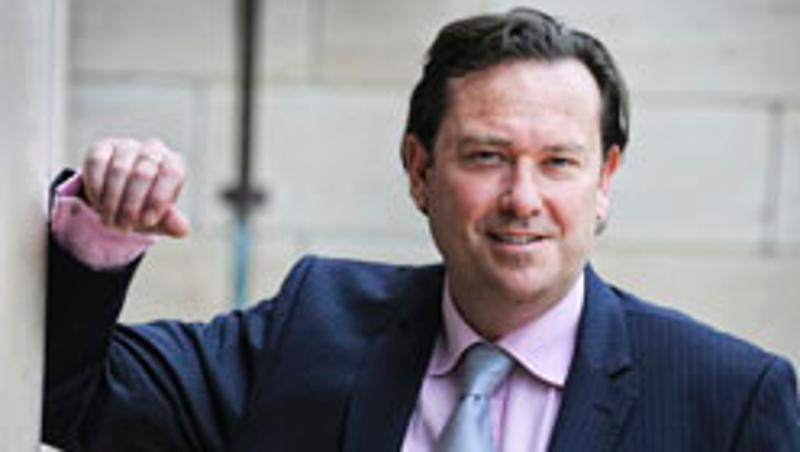
A Queensland University of Technology (QUT) legal expert says first world countries need to find the political will to tackle one of the biggest 'legal' crimes facing the world today - ecocrime.
QUT Faculty of Law Professor, Reece Walters, coined the term 'ecocrime' to describe both legal and illegal acts that harmed the environment.
He said environmental protection would continue to take a back seat while trade and the economy reigned supreme in the minds of political and industry leaders and policy makers.
"Governments, even the Australian Government which has quite a good environmental record, will generally only pursue environmental causes so long as they don't impinge on trade and budget bottom lines," Professor Walters said.
He said Australia, more so than any other country, was best positioned to lead the way internationally in environmental law and protection. The biggest ecocrime facing the world today was the impact of air pollution on climate change.
"Because its balance sheet is in such good condition, Australia is ideally placed to trial a carbon tax," Professor Walters said.
"The whole notion of a polluter pays system cuts to the heart of good environmental law and protection."
He said Australian states varied in their approach to environmental regulation with NSW being more punitive than Queensland which took a more negotiated and conciliatory approach.
He said another major ecocrime being perpetrated in Australia today was the importation of illegal Indonesian timber and fish caught illegally in the waters of developing Asian and Third World countries.
"Australian timber merchants and fish retailers would in most cases not realise their products began on the black market," Professor Walters said.
"Eighty per cent of all timber coming out of Indonesia since the 1990s has been illegally logged but it's likely to have changed hands several times before it reaches Australia.
"Without a tracking and tracing system it's impossible for retailers to know whether their goods have been ethically sourced."
He said Australia wasn't alone in facing up to this predicament.
"Thousands of tonnes of fish caught illegally in foreign waters find their way to British fish markets each year, with devastating economic consequences for the west African nations from which they come, some of whom then see piracy and gunrunning as economic alternatives," Professor Walters said.
"This whole notion of black market goods ending up in legal market is helping to keep poor nations poor and is incredibly harmful to the environment at the same time."
Professor Walters, who recently joined QUT after being Head of the Department of Criminology and Social Policy at the United Kingdom's Open University, said the tracking and tracing of goods was an area of ecocrime that he intended to pursue in Australia.
He will be speaking today (Tuesday 27 September) at 'Crime, Justice and Social Democracy: An International Conference' being held at QUT Gardens Point campus.
For more information on the conference visit www.crimejusticeconference.com
Media contact: Rose Trapnell, QUT media officer, 07 3138 2999 or rose.trapnell@qut.edu.au


